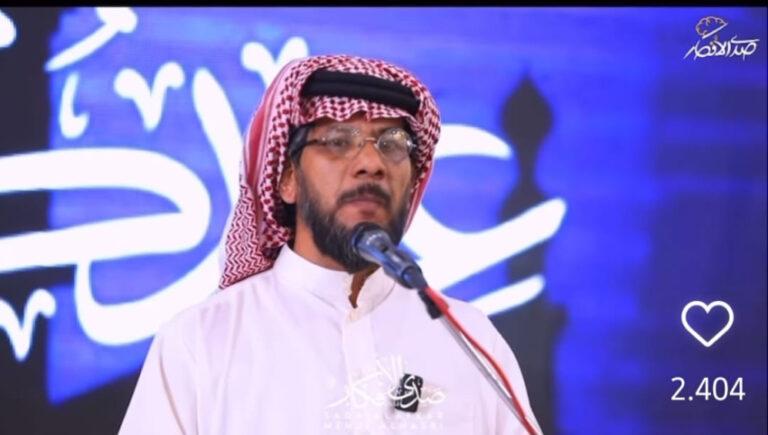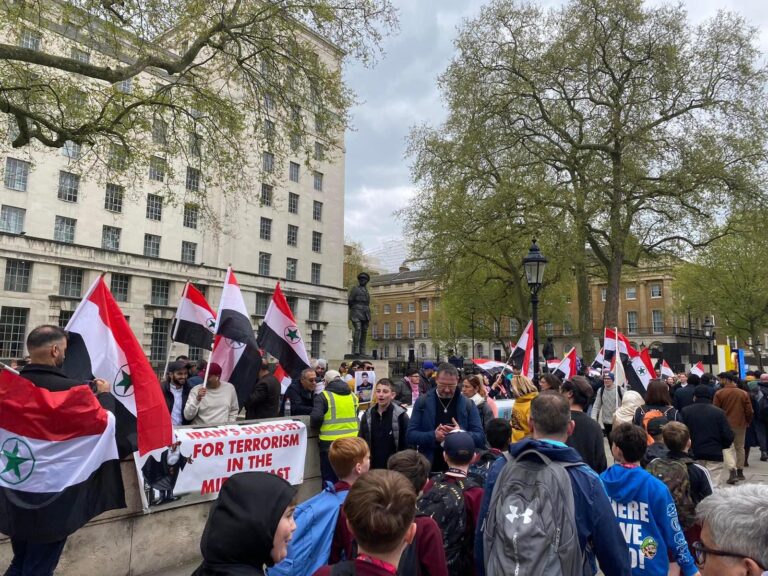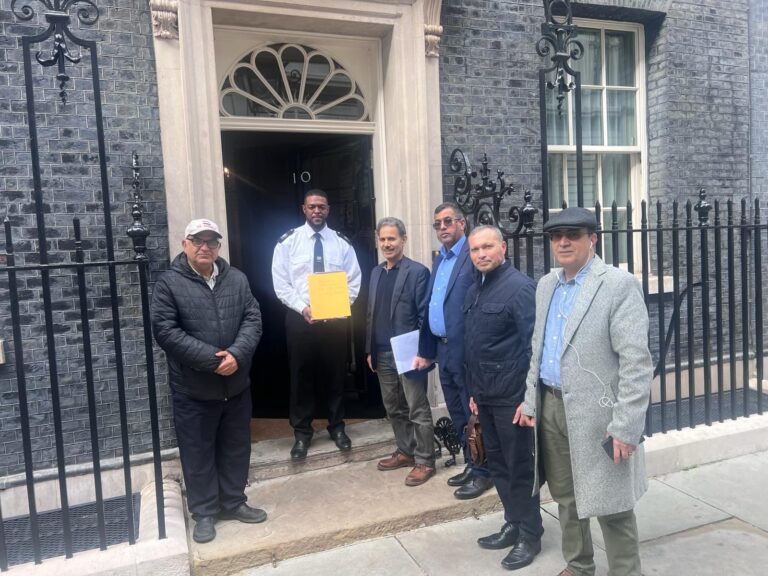When I first went to Iran in December 1978 to cover the revolution for the Chicago Tribune, I carried with
me a list of high-ranking sources provided by an academic friend who was an authority on Iranian politics and frequent visitor to the country. In my first weeks there, the list proved invaluable. But later it began to shrink at an alarming rate. A lucky few of the people associated with the regime of Shah Mohammed Reza Pahlavi managed to flee abroad just before the revolutionary forces supporting Ayatollah Ruhollah Khomeini took power. Most of the others were executed by the new regime. In no other country that I covered as a foreign correspondent over more than 30 years did I lose so many sources through state-sponsored murder.
I was reminded of this after plainclothes police in Tehran attacked the funeral procession of a well-known dissident, Ezatollah Sahabi, on Wednesday, and beat his daughter Haleh Sahabi, 54. She apparently suffered a heart attack and died after being punched to the ground by the police.
It was just the latest in a long line of such incidents demonstrating the high degree of political intolerance that characterizes the Islamic republic and its security forces. In this, of course, Iran is not unique; its approach to dissent has become a model for Syria with its bloody crackdown on protestors, and other embattled Middle East dictators have not been averse to similar measures as the Arab Spring heads toward a violent summer.
But the Iranians have been more successful than most regimes in quelling popular discontent, if only because there are no apparent limits on the willingness of a professedly religious establishment to employ the most extreme forms of brutality.
That was most graphically illustrated after an apparently rigged presidential election in 2009 brought out thousands of protestors on the Iranian streets. The protest appeared to offer the best hope of political change in Iran since the revolution, but eventually the movement collapsed under the weight of official intolerance.
The key elements of suppression in Iran are the Revolutionary Guards, who played a pivotal role in helping bring Khomeini to power, and the Basij militia, a volunteer paramilitary organization of mostly younger Iranians with special responsibility for the policing of morals and the suppression of dissident gatherings.
The Iranian penchant for brutal suppression did not originate with the Islamic republic. The Shah’s secret police, SAVAK, were equally noted for their viciousness.
So is there something in the nature of Iranians that makes unrestrained political violence, and a blatant disregard for international opinion, acceptable?
There is no easy answer to that question, but the Islamic republic has over its more than 30-year existence shown that it attaches little value to human life, even the lives of its own supporters. During the Iran-Iraq war in the 1980s, young boys pressed into military service were forced to walk into minefields to help clear the way for the main fighting forces.
Today is there any prospect that political dissidence can ever change the nature of the regime, or even bring it down?
The omens are not good. Two pragmatic presidents, Mohammed Khatami and, to a lesser extent, Ali Akbar Hashemi Rafsanjani, tried without success to reform the regime and gave way to the current hardliner, Mahmoud Ahmadinejad.
The uprising against the Shah’s regime succeeded largely because of two factors: the willingness of vast numbers of Iranians to submit to martyrdom and the growing unwillingness of the Iranian military to go on killing their own people.
Throughout the revolution, I was often amazed at the courage that opponents of the Shah displayed in their willingness to die for their cause. But today’s dissidents showed during the 2009 protests a more limited willingness to sacrifice their lives, and there have been no indications of a weakening of military support for the regime. The Islamic Republic has been tactically smart in using Revolutionary Guards and the Basij, more than the military, to do its dirty work and for the time being its hold on power remains secure.
(Ray Moseley is a London-based former chief European correspondent of The Chicago Tribune. A more detailed account of his coverage of the Iranian revolution appears in his memoir, In Foreign Fields, available through lulu.com.)













+ There are no comments
Add yours